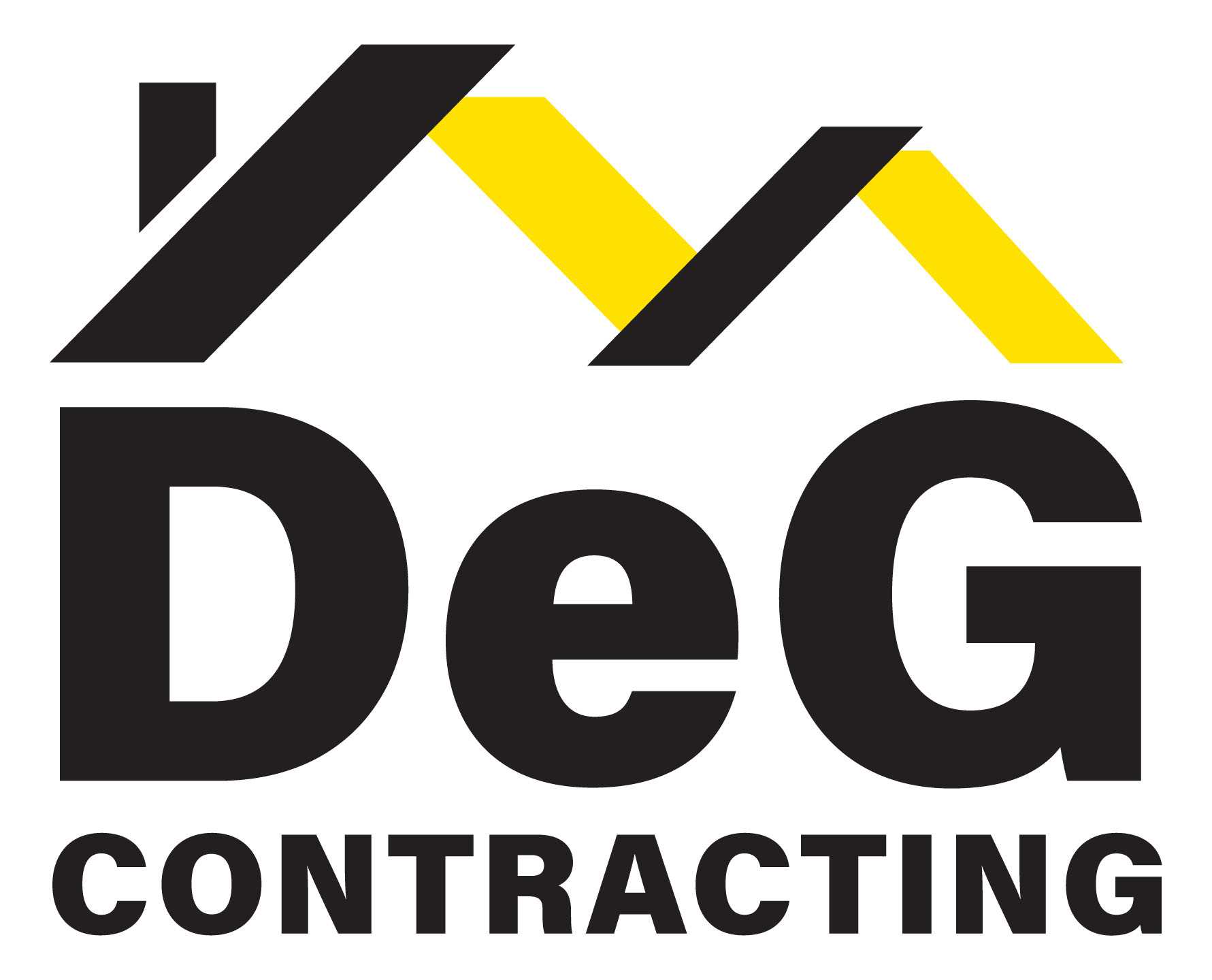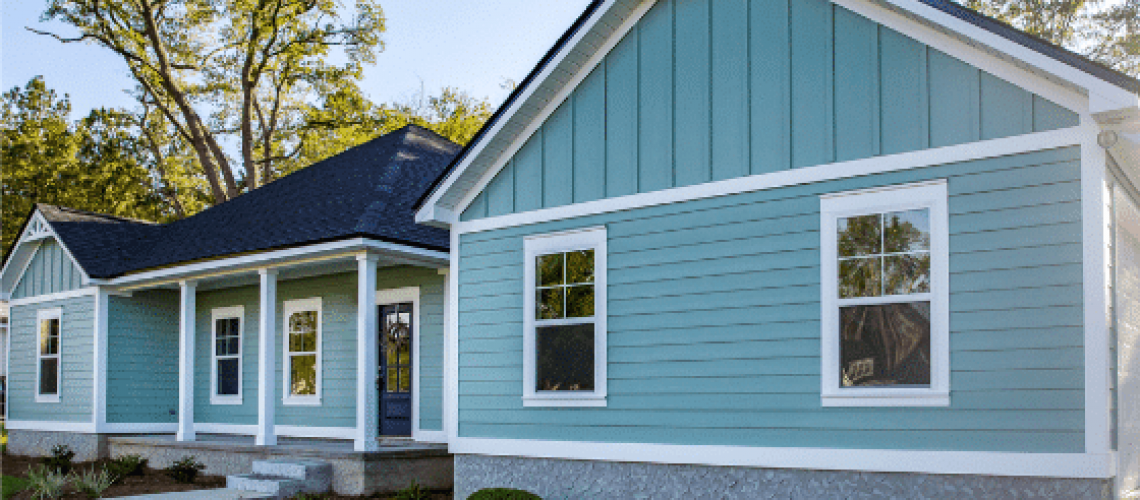Updating your home’s exterior with new siding is one of the best investments you can make. It not only boosts curb appeal but also protects your home from the weather and helps with energy efficiency. However, the cost of new home siding can vary significantly depending on several factors. If you’re planning to install or replace your home siding, understanding these factors can help you budget effectively.
Factors that Influence Your New Home Siding Costs
Here are some of the most common types of siding people choose for their homes:
Type of Siding Material
One of the biggest factors affecting home siding costs is the material you choose. Different materials come with different price points, durability, and maintenance needs. Some of the most popular siding materials include:
- Vinyl Siding: One of the most affordable and low-maintenance options, vinyl is a popular choice for many homeowners.
- Fiber Cement Siding: More durable than vinyl but slightly more expensive, fiber cement offers a wood-like appearance without the maintenance.
- Wood Siding: Wood siding has a classic, natural look, but it needs regular upkeep and tends to cost more than other options.
- Brick or Stone Veneer: These materials offer a high-end look and excellent durability, but they are among the most expensive options.
The siding material you choose will affect both how much you pay upfront and how much maintenance it will need over time.
Size and Layout of Your Home
The larger your home, the more home siding you will need. Homes with complex layouts, multiple stories, or unique architectural details require more labor and materials, which can increase costs. If your home has intricate designs, expect higher installation fees due to the extra time and effort involved.
Labor and Installation Costs
The price of professional installation depends on where you live and how complicated the project is. Experienced contractors will ensure your home siding is installed correctly, preventing future issues like moisture damage or improper insulation. While it might be tempting to choose a lower-cost installer, investing in quality workmanship can save you money in the long run.
Removal of Existing Siding
If your home currently has old or damaged home siding, you may need to remove it before installing the new one. The cost of removal depends on the material and the amount of labor required. In some cases, disposal fees may also apply, adding to the total cost of your project.
Insulation and Underlayment
Many homeowners choose to add insulation or a weather-resistant barrier underneath their home siding. While this adds to the overall cost, it can improve energy efficiency, reduce heating and cooling bills, and enhance the durability of your siding. Adding better insulation is a smart investment that helps you save money over time and makes your home more comfortable.
Climate and Weather Conditions
If you live in an area with extreme weather conditions, your home siding needs to be more durable to withstand heavy rain, snow, or intense sun exposure. Certain materials, such as fiber cement and stone veneer, hold up better in harsh climates but may come at a higher price. Choosing weather-resistant siding ensures longevity and reduces the risk of future repairs.
Customization and Aesthetic Upgrades
If you want a unique look for your home siding, custom colors, textures, or finishes can add to the cost. Some homeowners opt for trim details, decorative accents, or mixed materials to create a personalized appearance. While these enhancements improve curb appeal, they also increase the overall budget for your siding project.
Maintenance and Long-Term Costs
While the upfront cost of home siding is important, don’t forget to consider long-term maintenance expenses. Some materials, like wood, require frequent painting or sealing, while vinyl and fiber cement are relatively low-maintenance. Choosing a siding option that fits your lifestyle and maintenance preferences can help you avoid unexpected costs in the future.
Permits and Local Regulations
In some areas, homeowners must obtain permits before installing new home siding. Permit costs depend on where you live, and not following local rules could lead to fines or delays. A professional contractor can help you navigate the permitting process and make sure your siding meets all the required codes.
Hiring the Right Contractor
The skill and experience of your siding contractor can make a big difference in both the cost and quality of your home’s siding installation. A trusted contractor like DeG Contracting ensures that your siding is installed correctly, maximizing durability and aesthetic appeal. Teaming up with experienced professionals can help you avoid expensive mistakes and make sure your investment stays strong for years to come.
Contact Us Today
If you’re ready to upgrade your home siding, trust DeG Contracting to provide expert guidance and professional installation. Our team serves homeowners in St. Louis, MO, delivering high-quality workmanship at competitive prices. Call us today at (636) 928-7663 to schedule a consultation and get a free estimate for your project!

